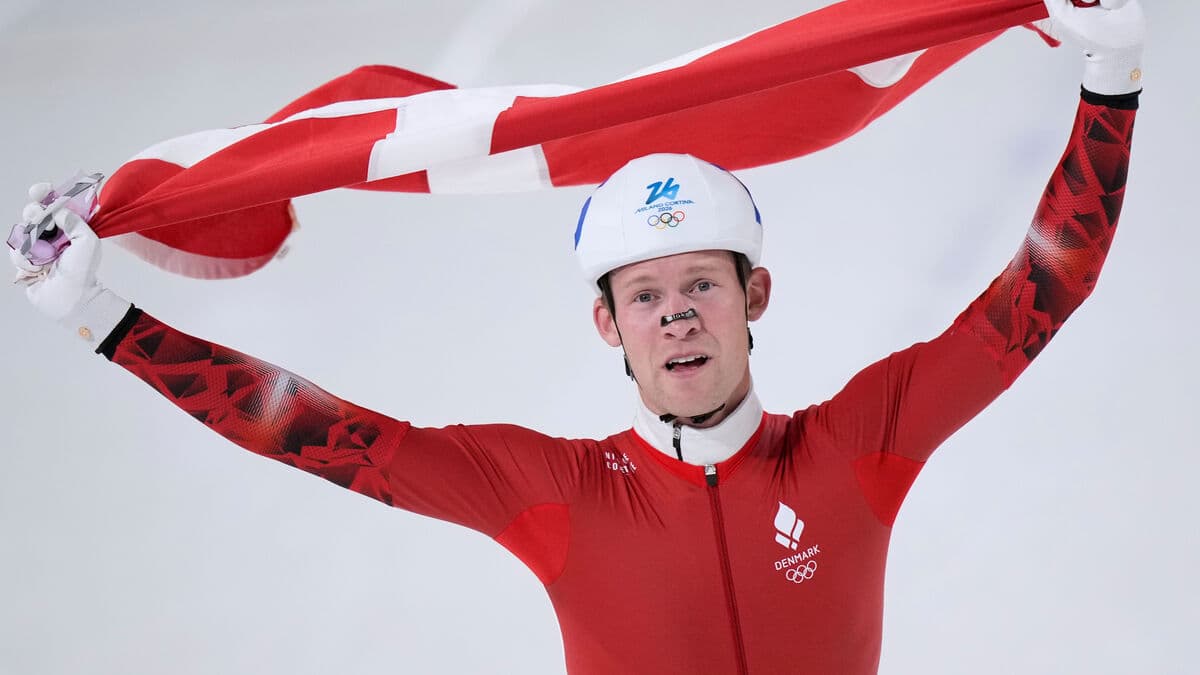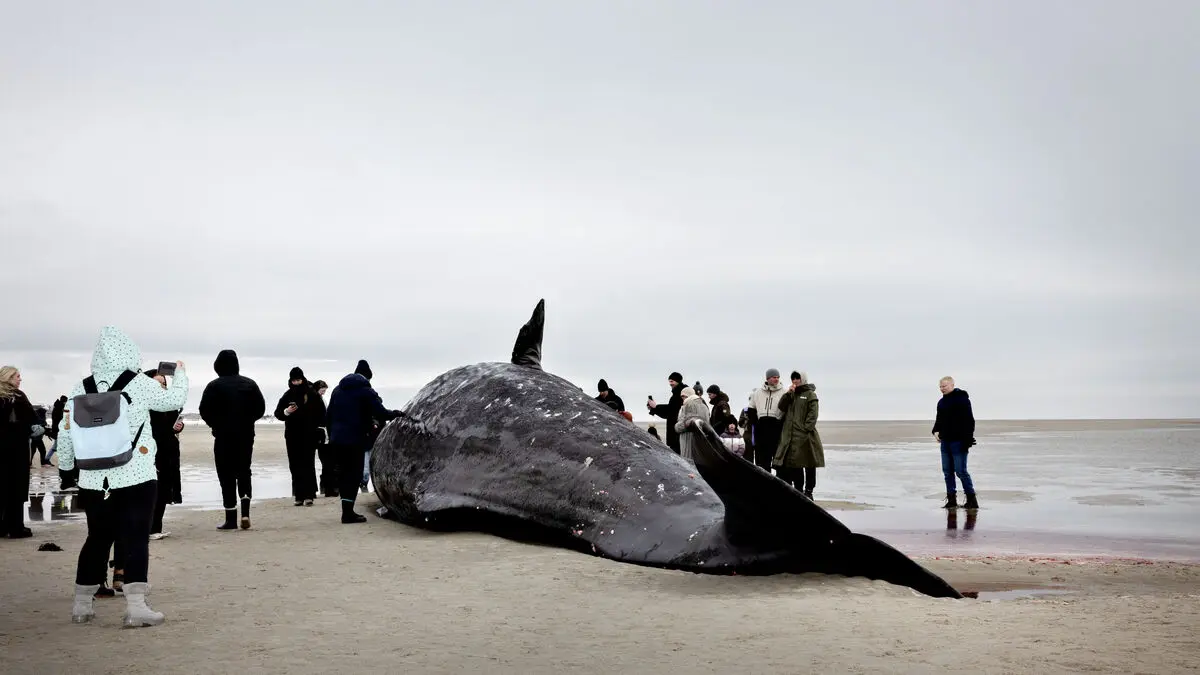In total, 200 billion kronor have been invested by the largest Swedish banks, fund companies, and pension managers in the fossil industry, primarily in oil and gas extraction companies, but also in coal, according to a review by Fair Finance Guide, a part of the organization Sveriges Konsumenter.
"Investing savers' money in expanding fossil fuel companies in the midst of a burning climate crisis, where we have just experienced the warmest year ever, is incredibly irresponsible," says Jakob König, responsible for the study, in a written comment.
The Nordea group, which is the largest bank and therefore has the most managed capital, tops the list with 52 billion kronor of savers' money invested in the fossil industry, followed by the state-owned Seventh AP Fund, with 45 billion kronor.
However, Nordea does not agree with the report.
"Most of the companies where Nordea has the largest exposure are companies in electricity production with very ambitious transition goals in line with the Paris Agreement," says Eric Pedersen, the bank's head of Responsible Investments, in a written comment to TT.
Alecta stands out
Many of the oil and gas companies have a strategy to expand their extraction of fossil fuels.
Completely against the climate goals of the Paris Agreement, says Jakob König to TT.
Alecta stands out in the other direction, as the only fund company that has not invested a single krona in the fossil industry. This is due to a more active management strategy, unlike many of the others that have a more passive management that follows the index, according to Jakob König.
This is the recipe for sustainable investments, says Jakob König.
"Wrong direction"
Over time, the banks have steered a significant portion of the managed capital away from the climate-friendly industry, according to König. For example, SEB and Handelsbanken now have "only" around three billion each in managed fossil capital.
The explanations that funds and banks often give for staying as owners in these companies are that they set climate requirements in the boardrooms. But that doesn't hold, he believes.
But the companies don't listen and continue in completely the wrong direction.
Advertisement
Nordea doesn't buy it.
"We agree that there are companies on the list that are problematic. However, there is no scientific support for the idea that exclusion is the most effective approach," says Pedersen.






